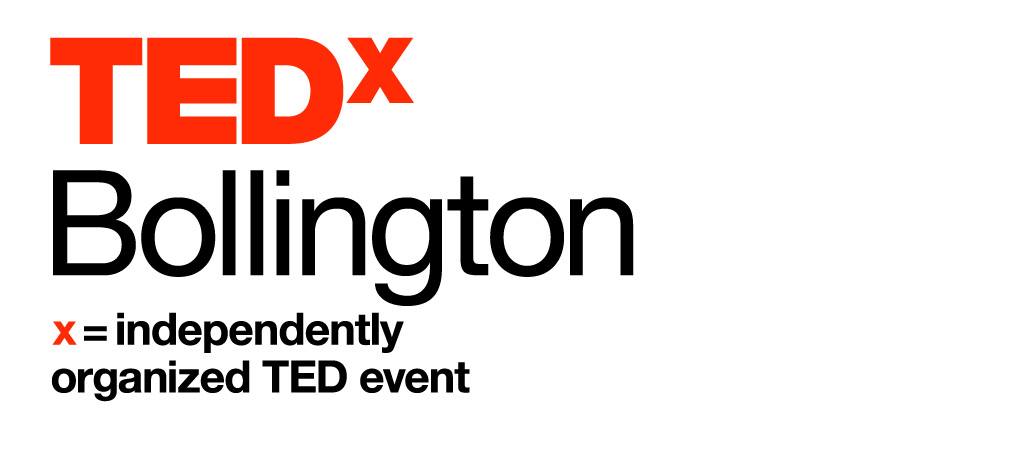
Do schools kill creativity?
Confessions of a recovering micromanager
This is what happens when you reply to spam email
Here’s an idea: let’s invite a bunch of people to sit in a theatre for a few hours and listen to some PowerPoint presentations. Hmmm, why on earth would that catch on? Well, 35 years later that lousy idea has gone from strength to strength, with a significant presence on YouTube and Netflix – and it’s coming to my home town this June.
TED has been described as “the ultimate brain spa”, an experience to stimulate mind and heart which now touches every corner of the globe. Its popularity is largely down to the unusual topics on show, three of which are displayed in the header above – all “ideas worth spreading”.
An acronym for Technology, Entertainment and Design, it began in tech-crazy California in 1984 where innovators took to the stage to demonstrate things like the compact disc and e-book. Since then TED has broadened its scope to include topics from all walks of life and the self-organised version (TEDx) is taking place at Bollington Arts Centre in Cheshire on 16th June (courtesy of organiser Sara Knowles).
I first came across the concept about 10 years ago when my landlord told me about it. “Do you know TED?” he asked. I thought he had a pal.
I was going through some turmoil at the time; a personal and professional reinvention was underway and one of my resolutions was to speak at the main TED conference by the time I was 50. At the time of writing it’s still an unfulfilled goal, but I did manage to speak at 3 TEDx events (little TED?) – at two universities (Warwick in 2010, Salford in 2012) and the most recent at Nantwich Civic Hall in 2016.
Although I enjoyed all three, the first and last were the most memorable.
Warwick sticks in my mind because it was something new for me. I had this overriding feeling of being an imposter, given the stature of the other speakers (including renowned mathematician Sir Roger Penrose and the American philosopher Noam Chomsky). I drove down the M6 with a thumping headache and sore throat but I completely forgot about it on stage and really enjoyed the moment. I made a couple of gaffes though.
At TED you often have a small screen in front of you which counts down from 18, an indication of the minutes you have on stage. Part way through my talk I glanced at the screen and forgot it counted down rather than up. “Oh god, is that the time? I’d better speed up.” I did – and finished about 2 minutes too early!
My other mistake was to pace up and down the stage like a caged tiger. I was nervous, relatively inexperienced as a performer and didn’t observe the TED guideline to stay put on the circular red carpet (helpful to both videographer and viewer).
Chomsky was beamed in live from the US, but Penrose was there in the flesh, following me as I recall. His talk was memorable in many ways. I’m convinced people were impressed but baffled by his theories of black holes and universal origin, and it was rather quaint that he used two OHPs with hand drawn acetates to illustrate his ideas.
The event was run by students and when Sir Roger’s lapel mic brushed against his jacket, making a hideous noise, it took some time for an assistant to pluck up the courage to stop him mid-flow and make the adjustment.
TEDx Nantwich was a different animal altogether. The organiser approached things in a more systematic way; we all had coaching from the TEDx team and the rehearsals we did as a group were invaluable. I remember running around the local park, delivering the talk in my head (and occasionally out loud). By the time of the event I’d heard it so much I was desperate to get it out there and free up some head space!
Looking back at all three talks it’s easy for me to pick faults in them, but I’m really glad I got involved. It’s a wonderful brand to be associated with and it’s been a positive influence on business presentations the world over.
Many TED talks don’t even involve slides and it’s inspired me and millions of others to adopt a more conversational, storytelling style.
To finish, here are a handful of TED talks which feature some of the best techniques used by compelling presenters:
Brene Brown – open strongly (in her case with an amusing, self-deprecating story).
Simon Sinek – present a single, thought-provoking idea, in a simple way (Sinek goes analogue with a flip chart and hand-drawn diagram).
Jill Bolte Taylor – link yourself to your material (if you’re going to talk about a stroke, it’s helpful if you’ve had one).
David Epstein – present evidence for your idea in creative and insightful ways (using great visuals and sound).
Bobby McFerrin – involve the audience (watch how a musician makes his point through participation).
If you’d like to know more about TEDx Bollington, take a peek at the official website and check out the Facebook group too. Tickets will be on sale shortly.

